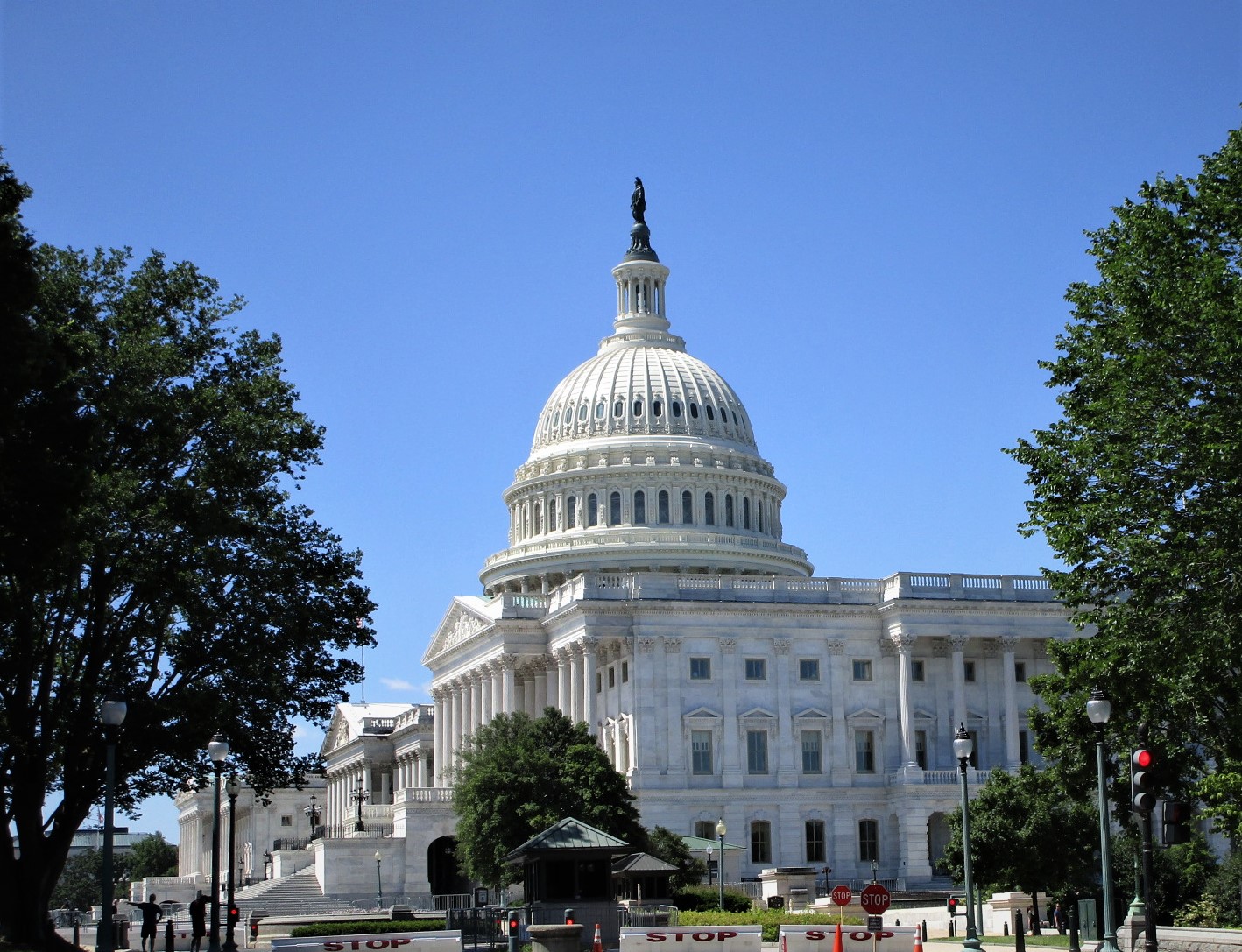Senate Marking Up App Neutrality Bill
Targets Google and Apple relationship to apps in their stores

The smarter way to stay on top of the streaming and OTT industry. Sign up below.
You are now subscribed
Your newsletter sign-up was successful
The Senate Judiciary Committee plans to hold a markup this week on a bill to promote competition in an app market dominated by Apple and Google.
The January 20 markup, where a bill is amended and voted on (or sometimes not), will be on the Open App Markets Act.
The bipartisan bill was introduced back in August 2021 by Sens. Richard Blumenthal (D-Conn.) and Amy Klobuchar (D-Minn.), joined by pretty much their polar political opposite, Marsha Blackburn (R-Tenn.).
“This step toward Judiciary Committee consideration shows strong bipartisan support for our Open App Markets Act—to stop Apple and Google from crushing competitors and undercutting consumers,” said Sen. Blumenthal. “Breaking the ironclad grip of these two behemoths on the multi-billion dollar app market is long overdue. This measure has solid momentum.”
“The Senate Judiciary committee’s markup of the Open App Markets Act will bring us one step closer to holding big tech companies like Apple and Google accountable,” said Blackburn. She said the act will allow consumers access to apps not "rubber stamped" by those giant.
Also: Apple Reaches Settlment with App Developers
The explicit goal of the bill is to "reduce gatekeeper power in the app economy, increase choice, improve quality, and reduce costs for consumers."
The smarter way to stay on top of the streaming and OTT industry. Sign up below.
The bill, which reads like an app net neutrality rule for edge providers, would prevent a covered company from restricting the use of alternative in-app payments systems; or from favoring their own terms of distribution, pricing or conditions of sale; or penalize developers for using different pricing terms or conditions via another in-app payment system.
The bill prevents a Google or Apple from using info derived from a third-party app to compete with that app.
In general, reads the bill, "a Covered Company shall not provide unequal treatment of apps in an app store through unreasonably referencing or ranking the apps of the covered company or any of its business partners over those of other apps."
"Unreasonable referencing" includes algorithms that prioritize apps owned by the covered company or its partners but does not include "clearly disclosed" ads.
Violations will be enforced by the Federal Trade Commission since they will be considered unfair methods of competition, which the FTC has section 5 authority to police. In addition, any state attorney general can also bring a civil action based on a violation of the act and there is also a private right of action so that any developer can also sue, and get treble damages if the win. ■
Contributing editor John Eggerton has been an editor and/or writer on media regulation, legislation and policy for over four decades, including covering the FCC, FTC, Congress, the major media trade associations, and the federal courts. In addition to Multichannel News and Broadcasting + Cable, his work has appeared in Radio World, TV Technology, TV Fax, This Week in Consumer Electronics, Variety and the Encyclopedia Britannica.

